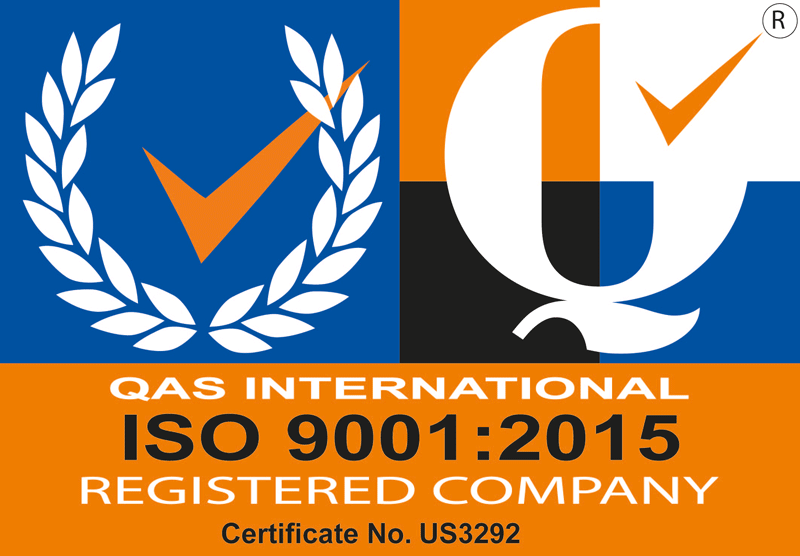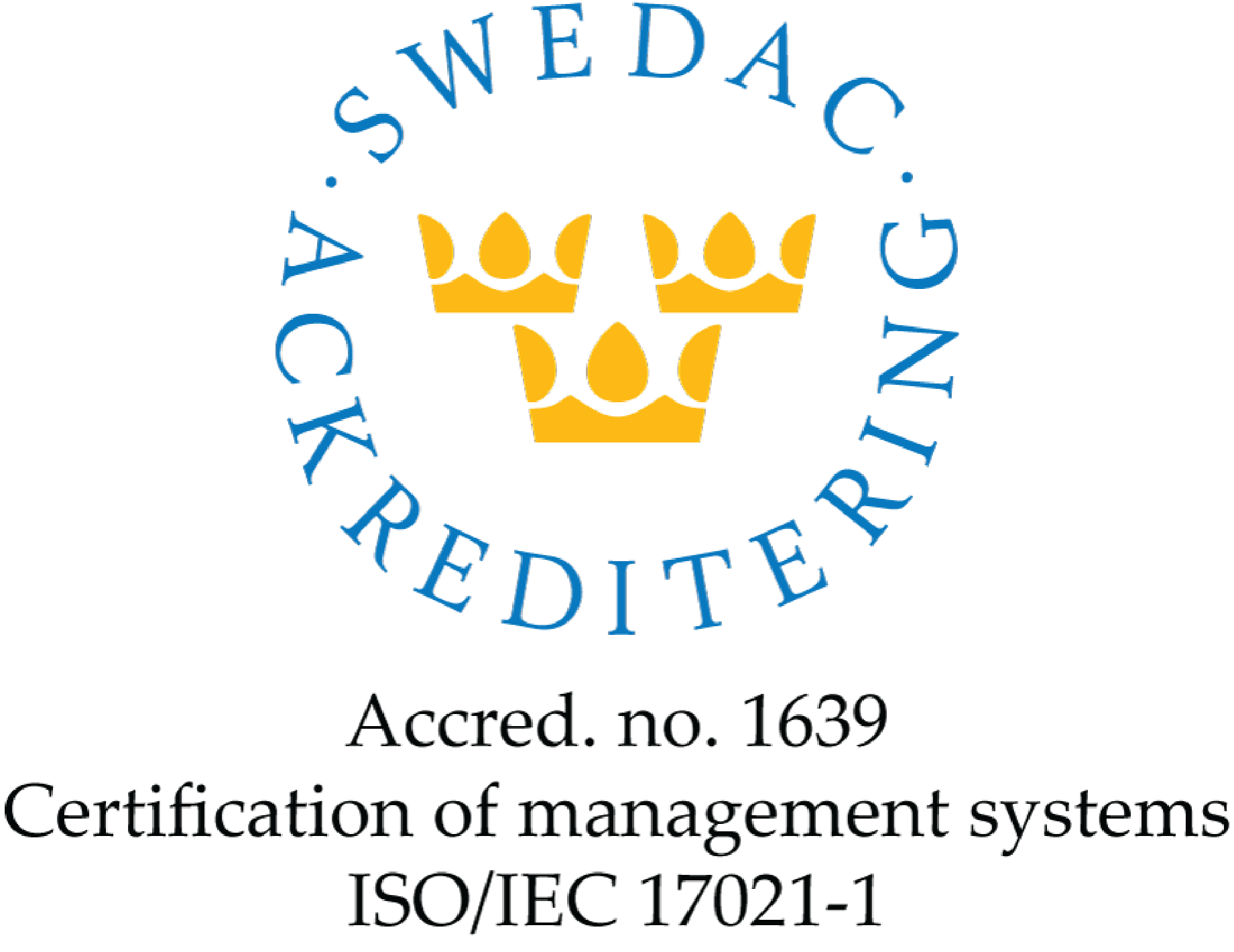Cell and Cell Provider Considerations for OEMs
Device OEMs are tasked with a design process that incorporates numerous components and systems including power and battery storage. There often isn’t time to dive deep, assessing all of the options available.
In this article, Excell Battery shares its learnings from 40+ years of custom battery pack manufacturing and therefore cell and cell provider selection.
What OEMs Need to Know About Choosing Battery Cell Providers
There are three important questions that OEMs need to ask when choosing a cell provider:
- Can the provider consistently and reliably supply the necessary cells?
- What are the technical specifications required for the application (e.g. discharge rate and capacity requirements)?
- Can the provider produce cells that meet the required specifications?
When selecting battery cells and a cell provider, it’s important to be aware of some common pitfalls and misconceptions that OEMs might face. One significant challenge is limited market awareness. While conducting market research and identifying a cell provider offering a suitable product is a good start, it is important to recognize that the battery market is vast and diverse. Many ideal options for a specific application may not even appear in a Google search, requiring a more comprehensive approach.
Often, past experiences and time constraints may also limit the decision-making process. Without a dedicated battery expert, these factors can restrict an OEMs choice to a handful of preferred brands, none of which carry a cell that fits the ideal profile for the application.
An experienced custom battery pack manufacturer such as Excell can help OEMs overcome these obstacles, bringing the depth of knowledge and time needed to explore the cell and cell providers in the market.
Considerations for Choosing a Cell
It can often be challenging to recognize the specifications that are most important. An OEM engineer might prioritize capacity, while overlooking the factors that are critical to performance in their application. For example, selecting a high-capacity cell without considering its discharge rate can lead to reduced performance under high-load conditions.
Lithium-Ion Cell Considerations
Packs composed of lithium-ion batteries require a protection circuit. They also can’t be charged or discharged below zero degrees unless they are expensive, specialized cells. While some online vendors offer low-cost lithium-ion batteries, these may not meet the required specifications, or may not be capable of combining multiple specifications. OEMs should be aware that some of these cheap lithium-ion batteries are even known to simply have a tiny cell at the top of the can while the remainder is filled with sand. Any cells purchased from Excell will be sourced from a reputable supplier that stands behind their product and will be able to meet all the required specifications.
Cell Considerations for Hazardous and Extreme Environments
Cells that will be used in extreme environments or hazardous locations also necessitate specialized battery solutions. Devices used in these environments may require certification to identify safety hazards and reduce the risk of accidents. For example, they must pass a short circuit test without exceeding a set temperature. Although it might seem counterintuitive, cells with lower discharge rates often work best for applications in these environments. Higher-rate cells, capable of delivering high currents can rapidly heat up, potentially reaching these limits. On the other hand, older lower-rate cells release the same amount of energy over a longer period, resulting in lower peak temperatures.
There are various strategies that can be employed to achieve certification compliance, depending on the device and the certification requirements. One approach involves adding redundancies to increase internal resistance. Cells may also be encapsulated in thermally conductive potting compounds to help dissipate heat more effectively, reducing peak temperatures. However, these solutions come with trade-offs, such as reduced energy density or increased weight.
How Excell Battery Can Help
By partnering with Excell Battery, OEMs gain a reliable and knowledgeable partner in battery solutions. Our cell-agnostic approach and our deep understanding of battery technology enable us to deliver customized solutions that optimize performance, reduce costs, and meet the most stringent safety and environmental standards.
Let us help you navigate the complexities of battery technology and select the ideal solution for your specific needs. Contact us today to discuss your project requirements.



